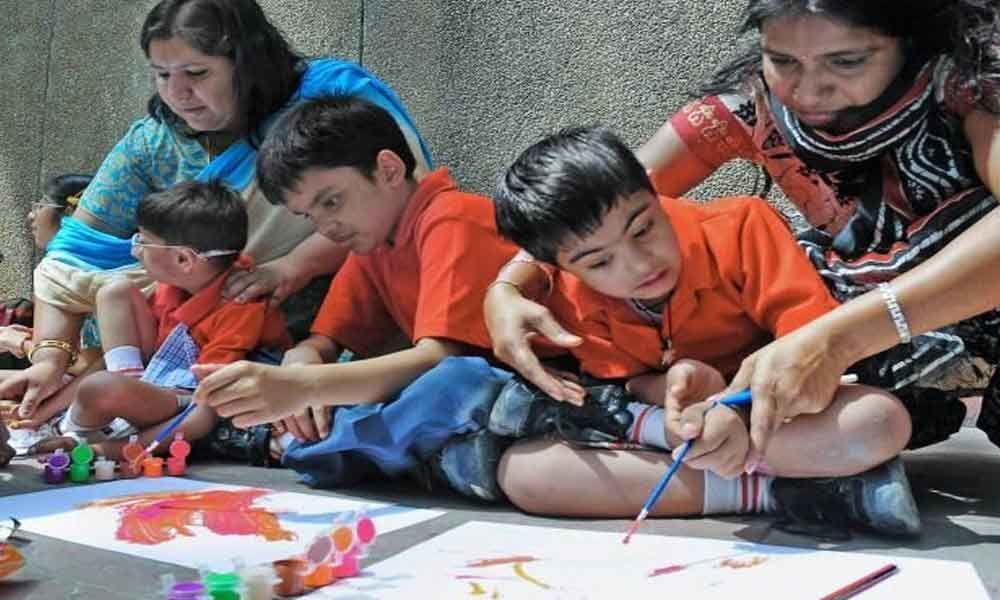Training to coaches offers a means for helping children with autism
 Training to coaches offers a means for helping children with autism
Training to coaches offers a means for helping children with autismAhead of World Autism Awareness Day on April 2, researchers have shown that training provided to the coaches offers a means for helping children with autism. A study to this effect has been published by researchers in the journal of 'Strategies: A Journal for Physical and Sport Educators.'
The researchers ran a school-based multi-sports programme titled 'Supporting Success' designed to help children with autism develop important life skills via regular organised sports. It helps children with autism develop important life skills via regular organised sports. Yet it does so by focusing on the child's environment instead of directing the intervention to the child itself.
Autism Spectrum Disorder (ASD) is a lifelong developmental condition that can affect how a person communicates and interacts with the world around them. "Coaches play a paramount role in providing the 'right' environment for students with autism to enjoy and participate in sport. Yet the challenge is that they often feel unprepared to work in special settings," said Emma Milanese, one of the researchers.
"Our research shows that there are specific tactics that coaches can use to encourage students with autism to more effectively participate in sports and physical activities," said Milanese. It can be done by using visual cards to communicate; demonstrating activities before students have a go; using distinct coaching aids to familiarise students with sports equipment, and various approaches for overcoming individual sensory challenges.
"We are very pleased to hear that both parents and teachers are reporting great improvements in physical and interpersonal skills, concentration, and general calmness, as well as increased interests in new experiences, new friendships, and a general feeling of being more connected with the environment and community," she said. According to co-researcher, Richard McGrath, the findings show how important it is to consider the world from the perspective of a child with ASD.
"Many kids struggle to process auditory commands which can make verbal instructions tricky, but add a visual cue card as a prompt or actively show them what they need to do, and it's a completely different story," said McGrath. "Similarly, we've found it effective to use plain words to describe activities. Instead of sports-specific lingo, like 'Throw the cricket ball at the stumps', we're suggesting coaches use literal words, like 'Throw the ball at the three sticks.' This was far more effective for kids with autism, especially when they were just learning about the sport," added McGrath.

